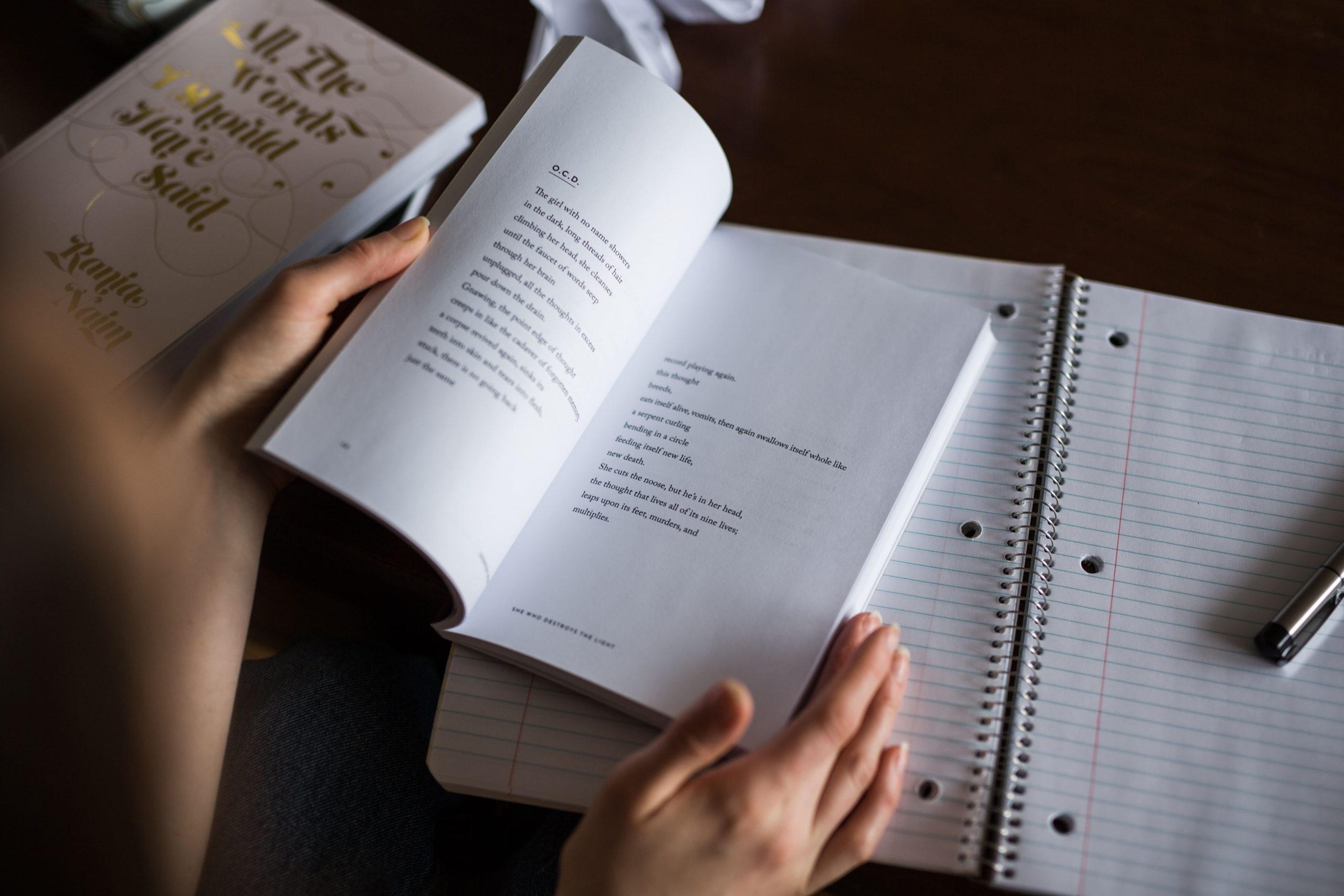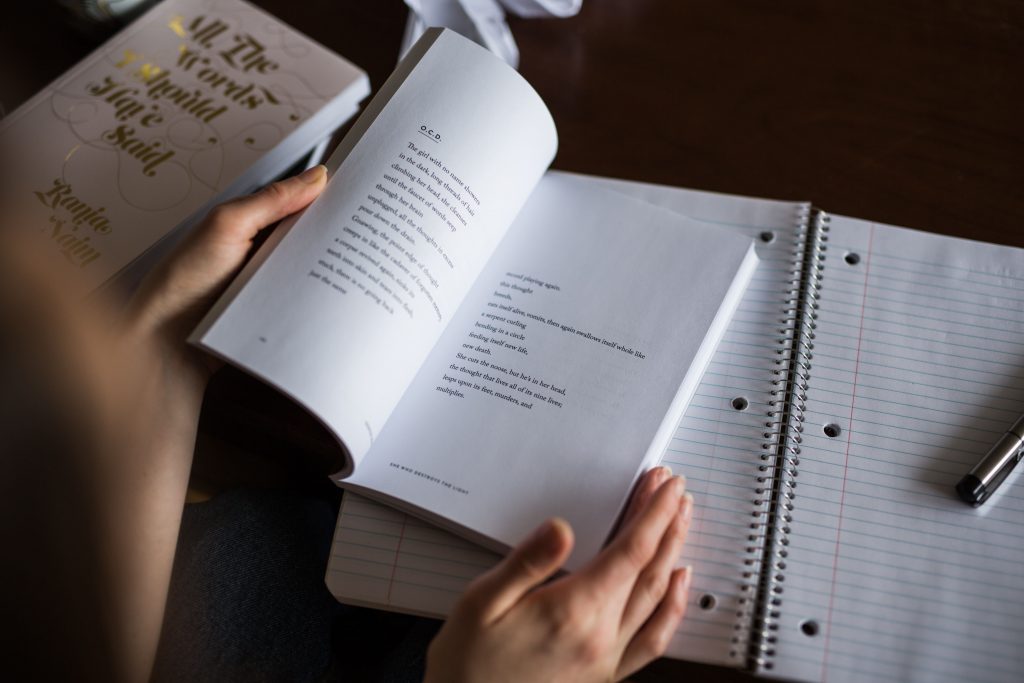Table of Contents
ToggleThe International English Language Testing System (IELTS) is a set of tests meant to assist you in working, studying, or migrating to a country where English is the primary language. It is divided into two different modules, Academic and Training exams. The listening test is the same for both IELTS training exams. The IELTS Academic Test Listening Section is divided into 4 parts. These are a combination of monologues and conversations from a variety of native speakers, and each recording will be played only once. In this blog, you will learn everything you need to know about IELTS Listening tips and tricks to ace your exam.

IELTS Listening Tips And Tricks
- One of the most important IELTS Listening tips is to read all of the questions carefully before starting the recording for any section. This will make it easier to follow the recordings and identify the answers. Once a section is finished, you can move on to the next section’s questions.
- At times, there will be a list of options from which to choose. The answers do not have to be listed in the order you hear them, they could also be listed alphabetically.
- Please keep in mind the word limit for each section. If it is mentioned to use only two words and no more, follow it. If you write more than the prescribed limits, you may receive no credit for your attempted answer.
- Keep an eye out for keywords or synonyms (words that have the same or nearly the same meaning as another word) in the question. This can help in determining the correct answer. For example, if you hear in the recording, “She enjoys going to the gym and playing tennis,” this may appear on your answer sheet/screen (in computer-delivered IELTS) as “She is an active person.”
- You must be familiar with the English alphabet and how they are pronounced in questions where you must write down words spelt out in the recording. For example, the letter ‘W’ is pronounced ‘double-u’).
- Listen for words that indicate the stage of the recording you’re listening to, such as ‘firstly,” “my next point,” or “to sum up.” These words aid in determining which question you have reached.
- You can keep crossing out the options that do not fit while listening to a recording. It makes it easier to select the best option.
- Remember that there are several correct ways to mention dates in any answer (e.g. April 24, 24th April and 24 April – all are correct).
- If you are having difficulty answering a question, leave it and move on. Don’t waste your time worrying about it. Come back to it later if you still have time.
- If you are taking IELTS on paper, you have 10 minutes after the last recording to transfer your answers from the listening booklet to your answer sheet. It is best to transfer the responses to the answer sheet after the recordings have finished (rather than in between sections), as you may miss some important information about the test’s next section.
What Is The Format Of The IELTS Listening Test?
The first recording contains an entire conversation between two speakers, such as one about travel plans, opening a bank account, or wanting to know about a training course.
In the second recording, you’ll hear a monologue or just one person speaking, such as a speech about community activities or someone providing information about something like a guided museum tour or a conference.
The last two recordings are about educational or training situations. In the third recording, there is a conversation between two main speakers, such as two university students in a discussion led by a tutor.
The fourth recording is a monologue on an academic subject, usually in the form of a university lecture. This could be about any academic subject.
Because you can only listen to the recordings once, you must be well prepared if you want to do well on the listening task. There is no need for specialised subject knowledge. The recordings will contain all of the answers you require.
FAQs
1. How can you improve your listening in IELTS?
Here are some of the important IELTS listening tips to keep in mind to improve your listening skills while preparing for your test: Remember to study and practice a lot before the exam, Do not get distracted, Don’t wait too long to answer the questions, Transfer your answers carefully.
2. How to get an 8.5 band score in IELTS listening?
To get an 8.5 band score in listening and reading, you must score 89% of the total marks. Since IELTS listening has 40 questions in total, in order to get a band of 8.5 you must get at least 37 to 38 correct answers.
3. How can I improve my listening score from 7 to 9 in IELTS?
IELTS Listening test tips like listening to English actively every day, practising wisely, reflecting on what you’ve learned, and focusing while studying can improve your IELTS score from 7 to 9.
4. Is IELTS listening difficult?
Another aspect that will be covered in the IELTS test is listening. This could be a difficult and critical aspect, but with practice and good listening skills, it is simple to score well. You can check out some of the IELTS Listening tips and tricks online to improve your scores.
PS: If there’s anything more you’d like us to know about. Add it to the comments section!
We hope you enjoyed reading this blog on ‘IELTS Listening Tips And Tricks’. Do check out our other blogs!

















1 thought on “Top PGDM Courses In Canada: Universities, Specialisations & Eligibility”
I have done Bachelor’s in Culinary Arts from India and completed my graduation in the year 2022 .I am 22 years old. After graduation, I have done 1 year paid internship from USA .Now, I would like to take occupational experience and learn culinary skills and also do masters in Culinary arts.How can I find the college n best course / country where I can persue studying further